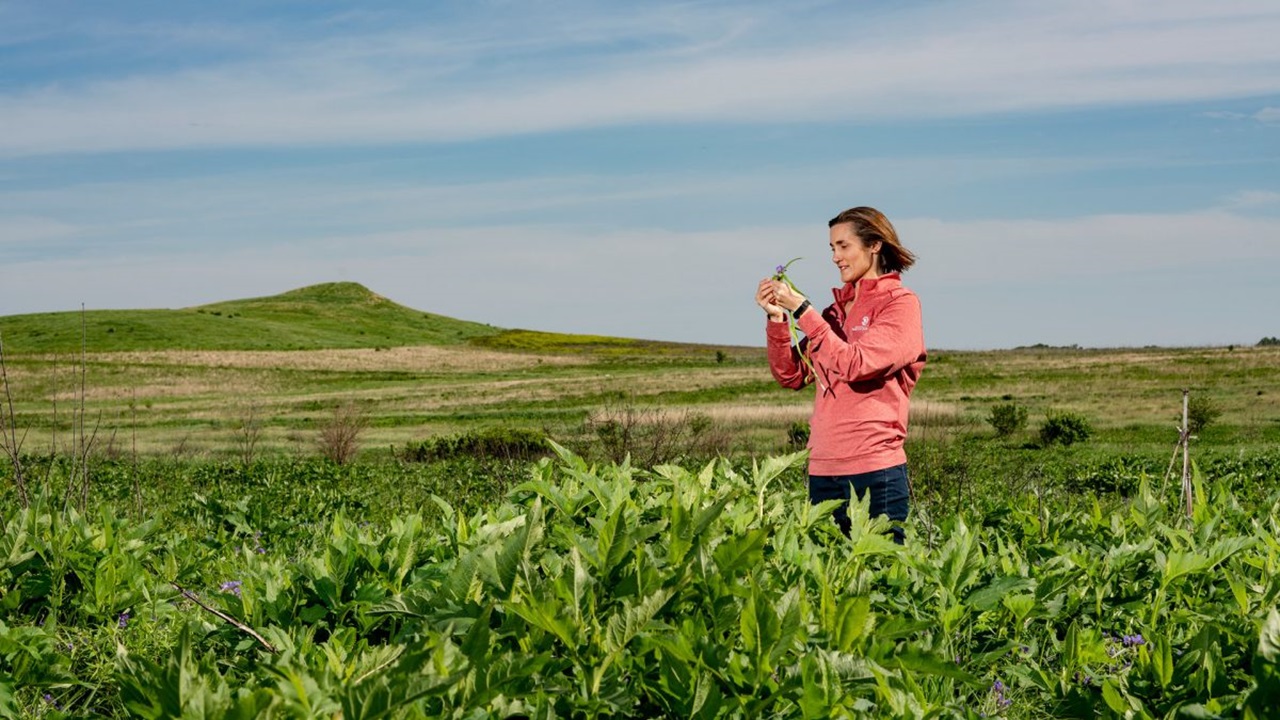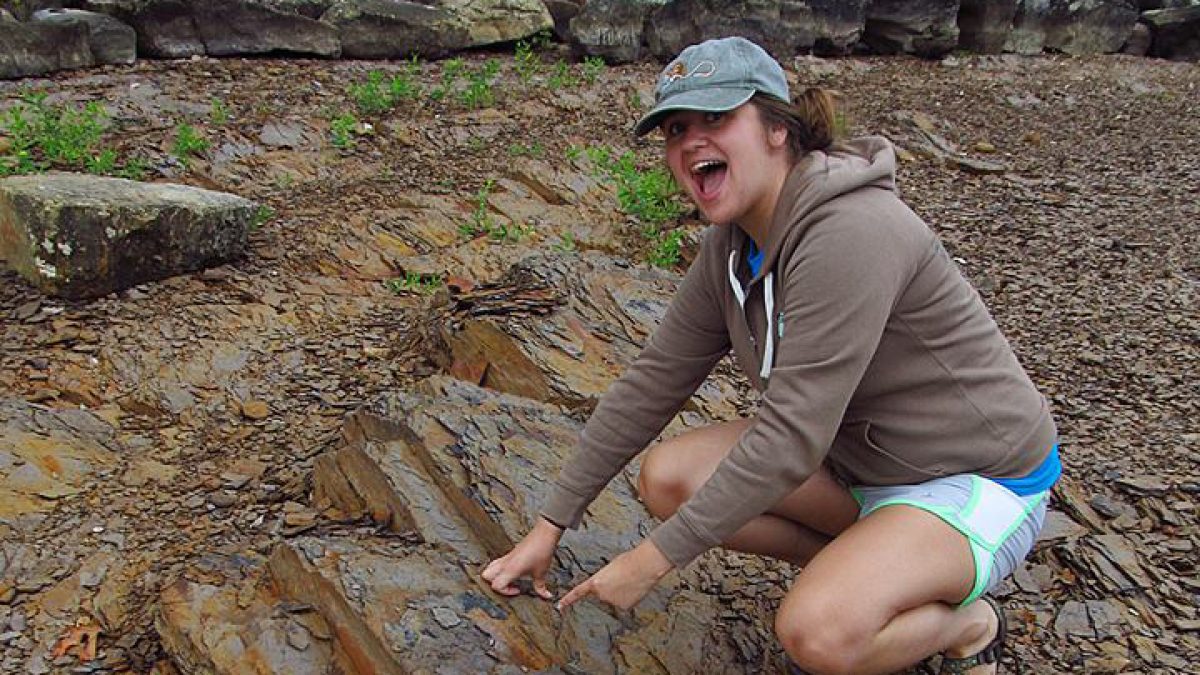USD Professors Develop Environmental Sustainability Teaching Approaches

Both faculty members recently joined 10 other universities in a collaborative effort funded by the National Science Foundation to develop evidence-based approaches to teaching the field of environmental sustainability.
“This grant will help us develop a more evidence-based approach to teaching introductory environmental sustainability courses which will allow us to develop more effective curriculum,” said Jarchow, associate professor and chair of the department.
“Sustainability deals with complex systems. It’s challenging to figure out how to teach complex environmental topics to students in ways that are consistent and effective.”
Jarchow, who has led the sustainability program since its inception in 2012, said the grant will help answer a key question: “How do we determine and most effectively teach environmental sustainability at the introductory level?”

This line of inquiry informs Jarchow’s research and teaching. She grappled with the broader question of what students should learn at the undergraduate through Ph.D. levels in a recently published paper titled “Key Competencies in Sustainability in Higher Education – Towards an Agreed-upon Reference Framework Sustainability Science” that is published in the journal Sustainability Science.
Fierro and Jarchow will work together to continue to evaluate the undergraduate curriculum and teaching approaches throughout the year.
“We are going to survey student knowledge and compare results at the end of the semester. This data will be collected by other universities as well. The grant will help us develop a consistent way to assess what works,” said Fierro, an instructor in the Department of Sustainability & Environment.

“The interdisciplinary nature of sustainability is essential,” Fierro said. “It’s important to push into that nuance rather than run away from it.”
Fierro said she emphasizes active learning in her classroom through activity-based learning modules because she has found that type of engagement critical to student success.
“The study of sustainability and the natural world impacts so many things—our health, the economy—and it connects our past and future and helps us determine who we are,” Fierro said.
“Students want to learn and find the tools to help their communities. It’s not just about saving one species, it’s about saving ourselves.”
Jarchow said the department is also working with the Inclusive Science Initiative, a Howard Hughes Medical Institute funded initiative, to develop strategies to incorporate more Indigenous knowledge, specifically Traditional Ecological Knowledge (TEK), into its curriculum.
“We’re trying to figure out how we incorporate more learning opportunities to help our students get broader and more diverse perspectives,” said Jarchow.

“Reductionist science work well in simple systems, but when you encounter extremely complex systems, the holistic and long-term knowledge that is foundational to TEK offers a perspective that is not often taught in environmental sustainability courses but should be,” she said.
As one of the few universities in the country offering a sustainability degree from the undergraduate to the doctoral level, USD has a unique opportunity to teach students in this rapidly growing field while also providing leadership in the field of sustainability education. It added its master’s and Ph.D. programs in 2018.
“We are in a good position, and we have the knowledge to contribute on the national level to the conversations that are determining what the sustainability core curricula should be,” said Jarchow. “That’s the goal.”



